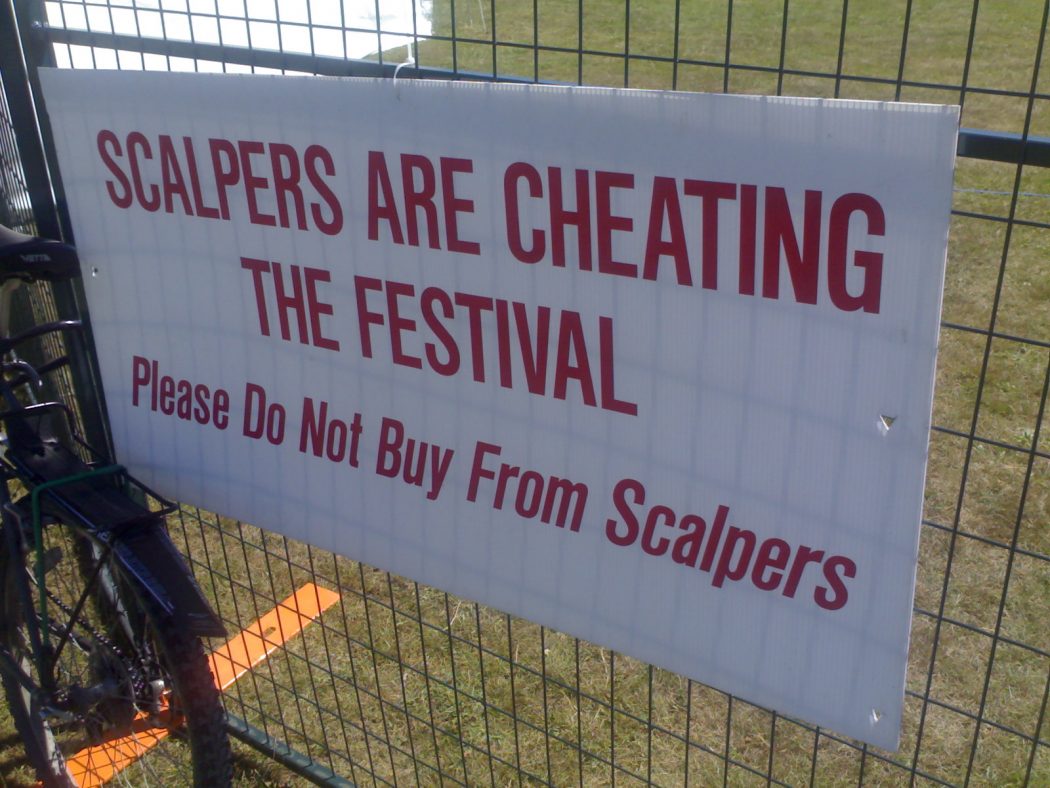This past January, hundreds of McGill students and other Montrealers posted on the Igloofest Diplo Facebook event page to buy and sell last minute concert tickets. This is hardly a new phenomenon; almost any event in Montreal is accompanied by a flood of amateur ticket scalpers (many of whom are McGillians) who fill up Facebook timelines with offers for Don Diablo, Lost Frequencies, or whatever other performer McGill students choose to suddenly be the biggest fan of when they come to town. The most mysterious aspect of this process is how much these tickets should actually be sold for, especially in relation to the time frame before the event and given the only ambiguous understanding of demand.
Ticket scalping exists because the box office under-prices the market to create excess demand for a low supply product, effectively opening a ripe market for ticket scalpers. Ticket scalpers determine the market and let ticket prices rise until the market clears. However, in order for a ticket scalper to be successful, they cannot charge an excessive amount, which would turn customers away from them. At the same time, scalpers cannot charge too little, as they would not maximize profits or potentially lose money on the cost of the ticket. Therefore, ticket scalpers have to monitor each other and even collaborate to find a common price. An outlier in the scheme could distort the entire ticket market — for example, a scalper selling for just below the agreed-upon price would potentially draw customers away from other scalpers, forcing them to drive down the price. As ticket sales have digitized, it has become easier for scalpers to observe current prices, as well as allowing amateurs to enter into this marketplace.
The most mysterious aspect of this process is how much these tickets should actually be sold for, especially in relation to the time frame before the event and given the only ambiguous understanding of demand.
Here is where the average McGill student or Montreal concert-goer comes in. Without the experience of typical ticket scalpers, McGill students/normal Montrealers set prices for ticket sales online by relying on the comparisons of endless Facebook posts with the same purpose. Challenges arise when these amateur ticket resellers have to consider the variance in price as it gets closer to the event — should you decrease the price to get it off your hands and not risk losing all of your money, or should you increase the price because of higher demand? As with professionals, Facebook scalpers often have to blindly set a price point in relation to the level of demand demonstrated on these even pages. So, how can students get the most out of their ticket sales?
So, how can students get the most out of their ticket sales?
Unfortunately, there appears to be no perfect formula for getting the most out of your ticket sales. In fact, the pure observation and indication of some sort of pattern or phenomenon that allows for optimal profit maximization would result in self-destruction: if enough people catch onto this theoretical perfect price/set of prices, the entire theory crumbles because then everyone would use the same price. Outliers will then once again try to create competition in the market by lowering their prices just a little bit, reverting the entire system back to square one. In essence, it acts as a self-perpetuating prophecy.
No matter the mistakes McGill students and other Facebook ticket scalpers may make in their pursuit to pocket some extra cash, their process of determining prices is an interesting demonstration of microeconomics in unlikely places.


